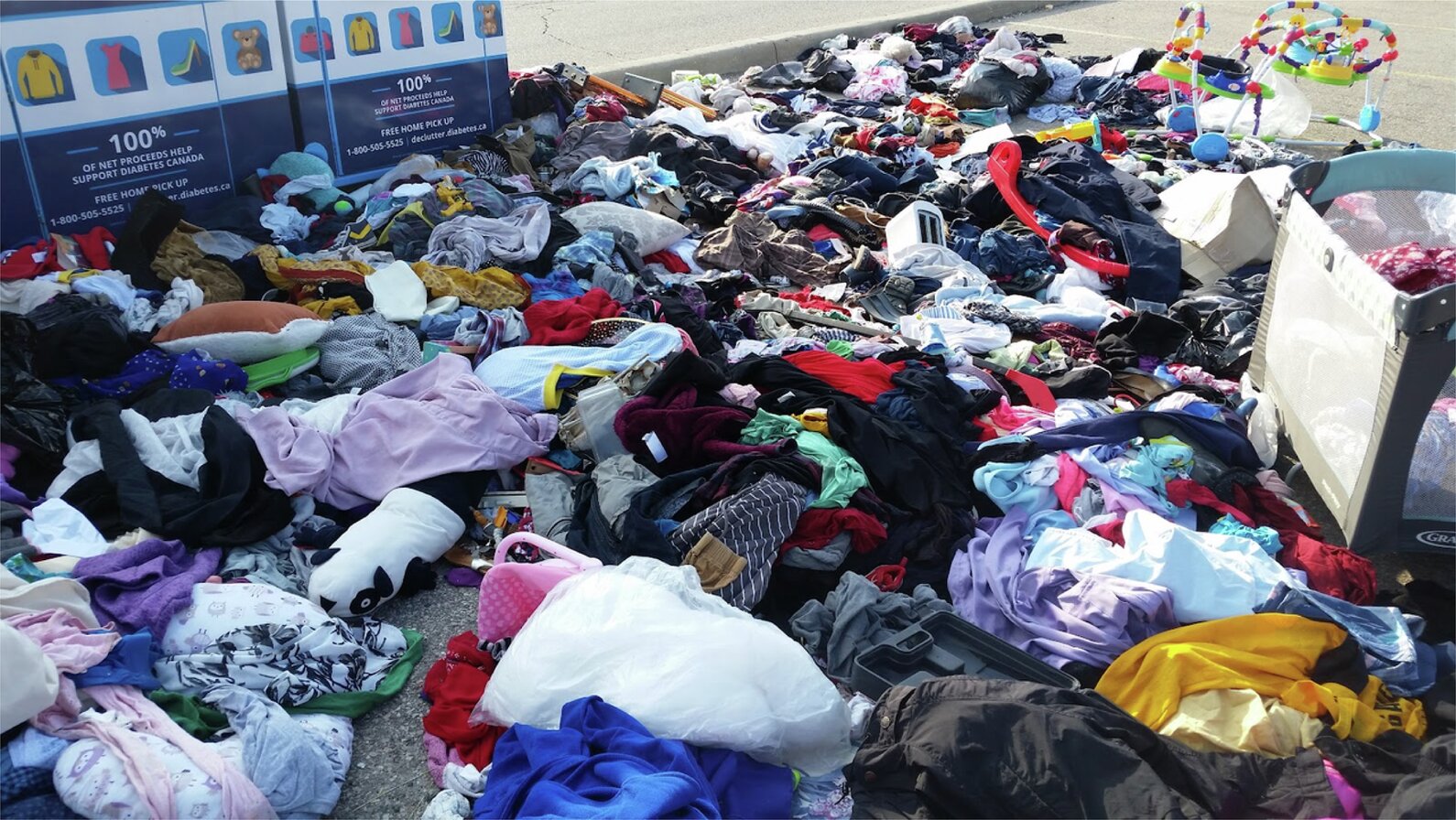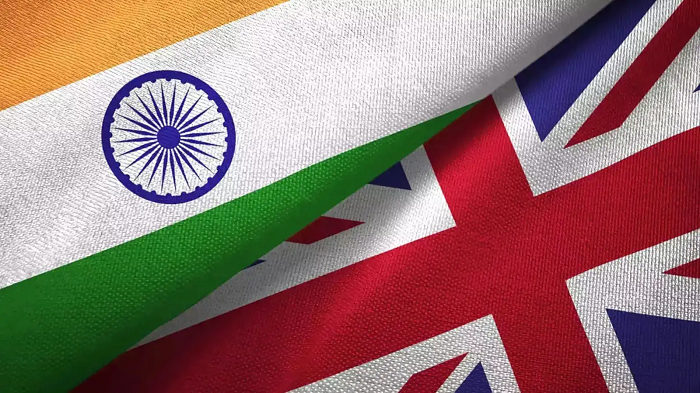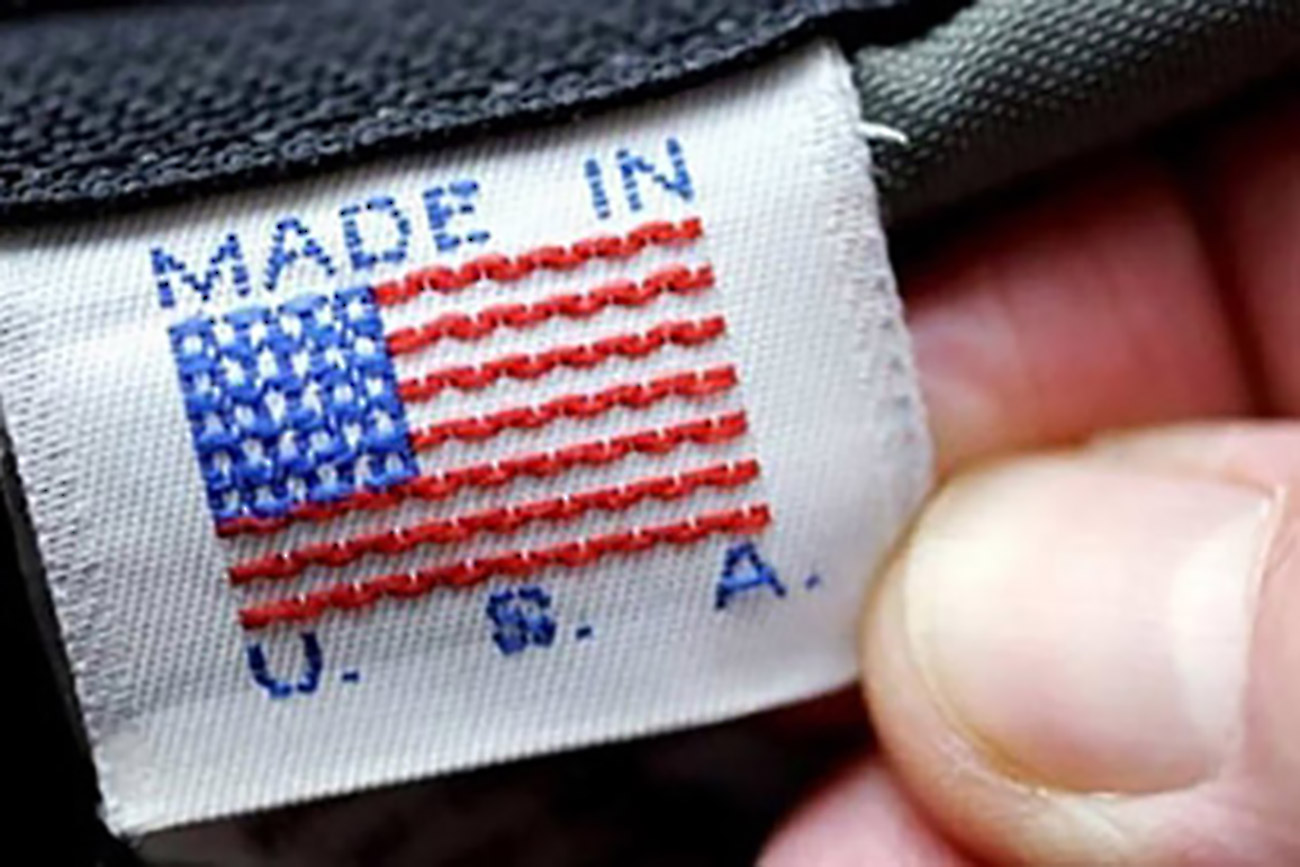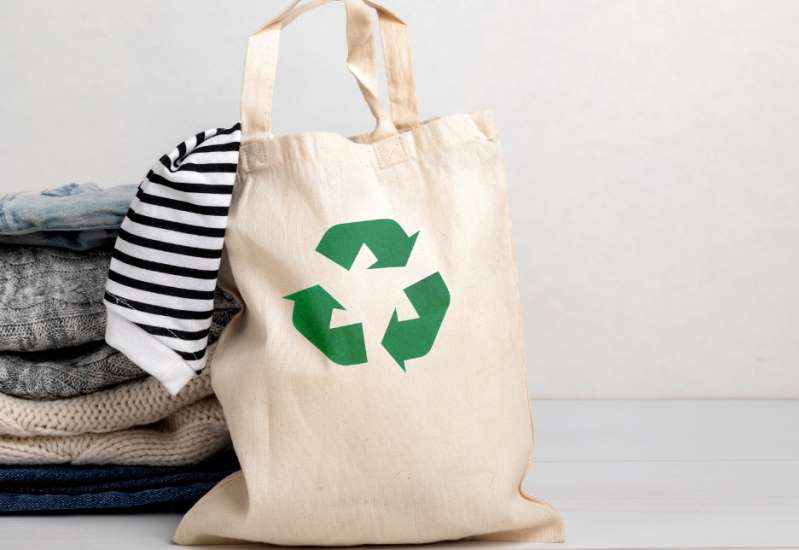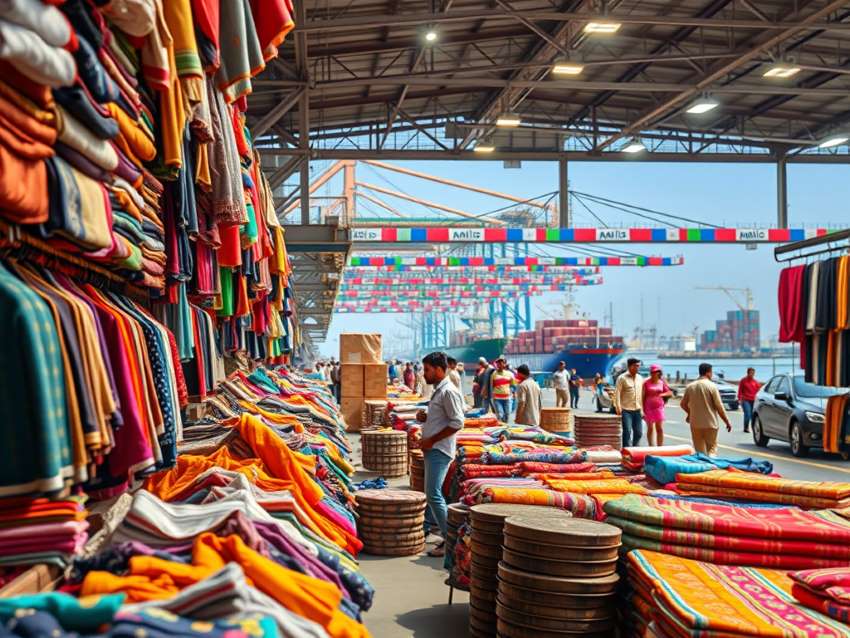US Enforces Uyghur Forced Labor Prevention Act; Bangladesh's apparel manufacturers are confident in their position amidst mounting pressure on Vietnam's apparel and footwear industry due to the US's refusal to clear certain consignments originating from Xinjiang, China. The US government passed the Uyghur Forced Labor Prevention Act (UFLPA) on June 21, 2022. Under this act, US border authorities have been granted increased powers to block or seize goods containing any part or whole of Xinjiang-made products, which have been linked to forced labor practices in China.
Vietnam's Apparel Industry Impacted
Recent reports suggest that some Vietnamese enterprises have facilitated Chinese businessmen in evading US taxation or sanctions by utilizing cotton from Xinjiang and exporting it to the US. Consequently, US customs data up to April 3 revealed that $15 million worth of apparel and footwear shipments were held up for UFLPA checks, with over 80 percent originating from Vietnam. Only 13 percent of Vietnam's cargoes were cleared for entry. This situation has raised concerns among US importers whose supply chains heavily rely on Vietnam's apparel manufacturers, which in turn depend on China for about half of their input materials.
Bangladesh's Readymade Garment Exporters Remain Optimistic
Amid the escalating tension between Vietnam's apparel exporters and US brands, Bangladesh's readymade garment exporters also express concerns due to their high reliance on imported cotton, fabrics, and yarn. Notably, a significant portion of these imports originates from China. However, BGMEA, assures that the industry is in a safe zone. BGMEA has taken proactive measures by sending letters to all members, emphasizing the need to clarify the origin of cotton before importing raw materials from any country. The recent seizure of Vietnam's clothing shipments by the US may even benefit Bangladesh, as US buyers' confidence in importing goods from Vietnam is expected to decline.
Bangladesh's Cotton, Fabrics, and Yarn Imports
According to the United States Department of Agriculture (USDA), Bangladesh fulfills over 99 percent of its cotton demands through imports, with China contributing only a small share. However, China remains the primary source for fabrics, holding a 59 percent share in the country's imports. Bangladesh also imports 12 percent of its annual yarn demand from China. While the industry heavily relies on local sources for approximately 85 percent of its cotton and yarn needs, the remainder is sourced from countries such as India, Turkey, Pakistan, and other nations. Although China holds a significant share in fabrics and yarn imports, it mainly pertains to non-cotton items. Importers in Bangladesh claim that they diligently check the origin of the cotton for cotton-yarn imports from Indonesia and Vietnam.
Bangladesh's Compliance with US Regulations
Given that the US is the largest export destination for Bangladesh, manufacturers in the country demonstrate a high level of awareness regarding the regulations and laws enforced by the US. This understanding significantly reduces the likelihood of facing legal consequences under the UFLPA. Fazlee Shamim Ehsan, Vice President of the Bangladesh Knitwear Manufacturers and Exporters Association (BKMEA), emphasizes the industry's commitment to trust and transparency, urging the US and other Western buyers to place more orders in Bangladesh, as other countries have failed to uphold their commitments.

